The retail technology year at a glance: April 2020
RTIH takes a look at the retail tech space during April and rounds up the winners, losers and major developments.
Good month for…
Starbucks unveiled plans to have 90% of its company-operated outlets in the US up and running by early June.
Tesco became the first retailer in the UK to fulfil one million online grocery orders in a week.
Ocado announced the launch of its first Customer Fulfilment Centre (CFC) in North America.
A month on from the introduction of the £45/€50 limit in the UK and Ireland, Barclaycard had processed over seven million contactless payments above the previous limit of £30/€30, and up to the new one.
Artificial intelligence startup Peak announced a $12 million extended Series A funding round led by existing investors MMC Ventures and Praetura Ventures.
Luxury Promise, an online marketplace for the resale of luxury goods and accessories, raised £3 million from VC firm Beringea, the former backer of Monica Vinader and Watchfinder.
Paris-based luxury fashion resale website Vestiaire Collective announced a €59 million round of financing.
Tesco’s Tesco Pay+ mobile payment service crossed one million sign ups.
Next reopened its website, following two weeks of being offline due to the coronavirus outbreak.
Tel Aviv-based startup, Bringg, which helps companies build and run delivery operations, announced a $30 million Series D round.
London-based retail data company Edited raised just over £23 million in a funding round headed up by Beringea and Wavecrest Growth Partners. Hermes GPE also took part.
Bad month for…
Amazon temporarily halted its operations in France after a court ruled the US e-commerce giant had failed to adequately protect warehouse workers during the coronavirus outbreak.
In early April, Boots sent out the following promoted tweet: “Help us celebrate our colleagues and key workers everywhere by sharing your messages of support with #PrescribeKindness.”
Enter a bunch of people who weren’t interested in playing ball. Instead, they opted to blast the retailer for its treatment of staff during the coronavirus outbreak and also its tax affairs.
Also in April…
McDonald's UK carried out tests ahead of reopening stores that had been closed due to the coronavirus outbreak.
John Lewis drew up a blueprint for reopening its stores.
Farfetch announced the eight startups taking part in the fourth edition of its Dream Assembly fashion technology accelerator.
Starbucks and McDonald’s were among the retailers rumoured to be testing China’s digital yuan currency.
Sainsbury’s introduced new coronavirus safety screens between manned checkouts in 150 of its busiest stores.
Amazon was planning to launch an Ultra Fast Fresh grocery delivery service in the UK.
Aldi UK launched an online food delivery service for the first time.
Pret a Manger reopened 10 stores situated near London hospitals.
Amazon fired two employees who blasted the company over its warehouse conditions during the coronavirus outbreak.
Chinese e-commerce giant JD.com reported an “explosive” increase in the number of large items delivered by its JD Logistics unit in Wuhan, Hubei province, since the coronavirus lockdown lifted.
eBay brought in a Walmart executive as its new Chief Executive. Jamie Iannone, Walmart’s Chief Operating Officer for US E-commerce, took up the top job on 27th April.
This month marked buy now, pay later Klarna’s 15th birthday and it brought some mixed emotions for CEO Sebastian Siemiatkowski amid the coronavirus outbreak.
The GMB union stepped up its word of wars with Asos, labelling bosses ‘fatcats’ and accusing them of “revelling in extravagant profits while workers risk their safety to keep the empire afloat”.
Morrisons upped the contactless card payments limit from £30 to £45 as part of its move to reduce the use of cash. And so did Iceland.
Tesco, meanwhile, said that it was working on a limit rise.
Sainsbury’s announced a trial involving its one-hour bicycle delivery service Chop Chop at a closed store in central London.



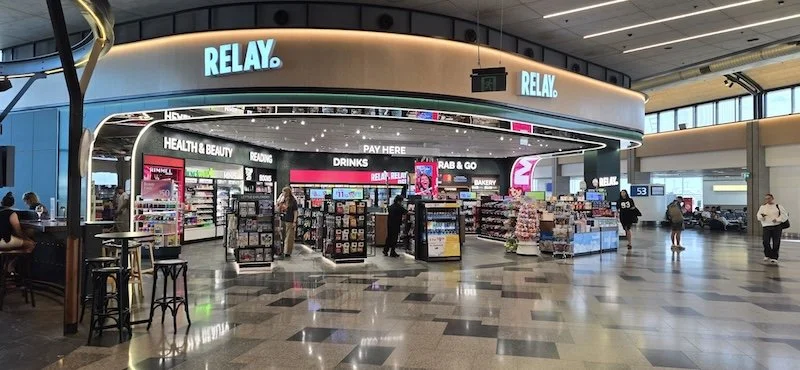

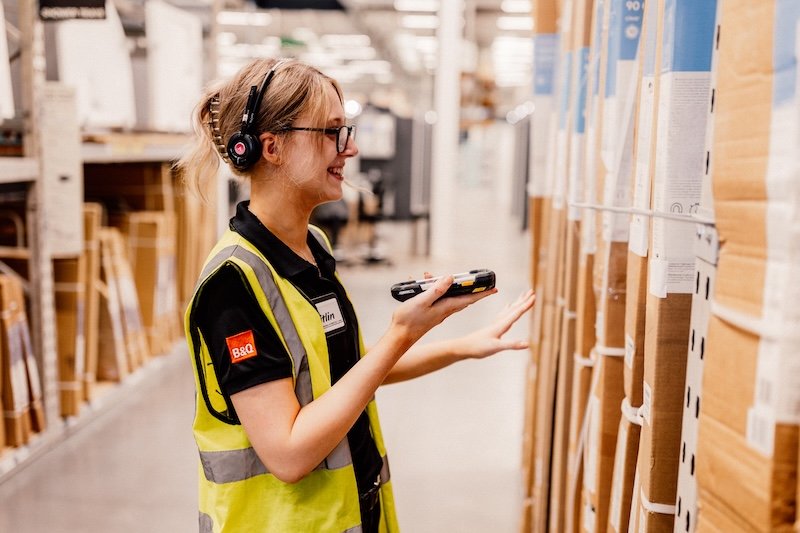
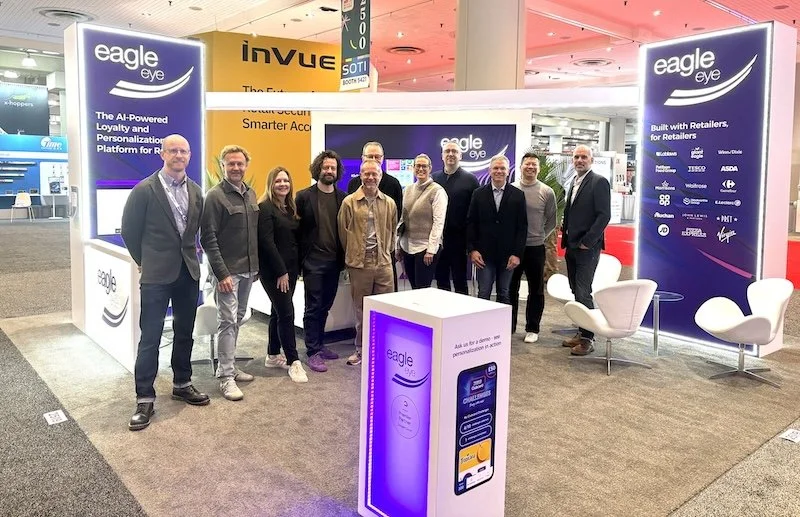
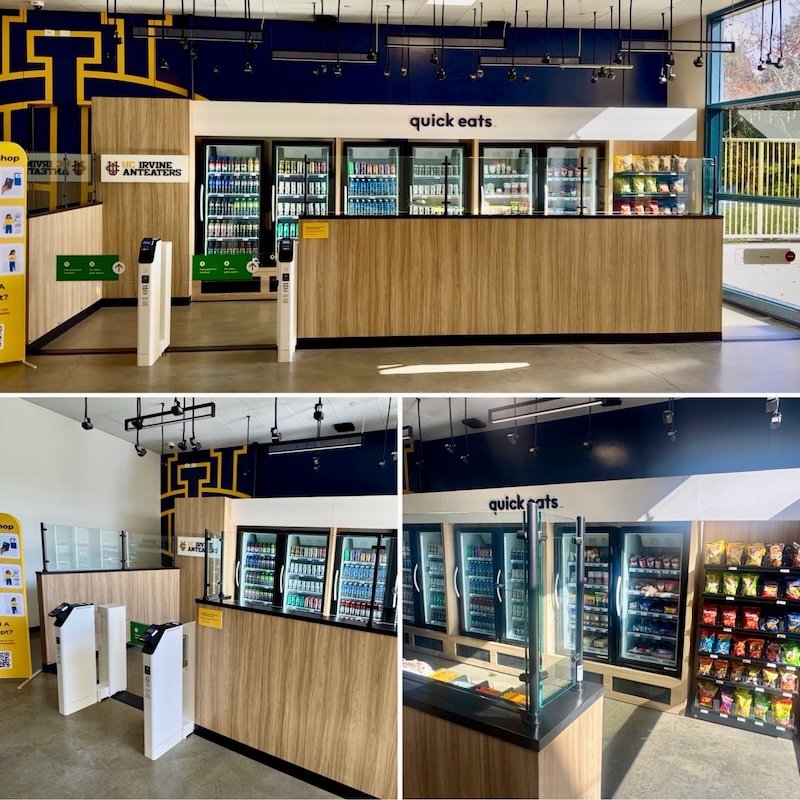
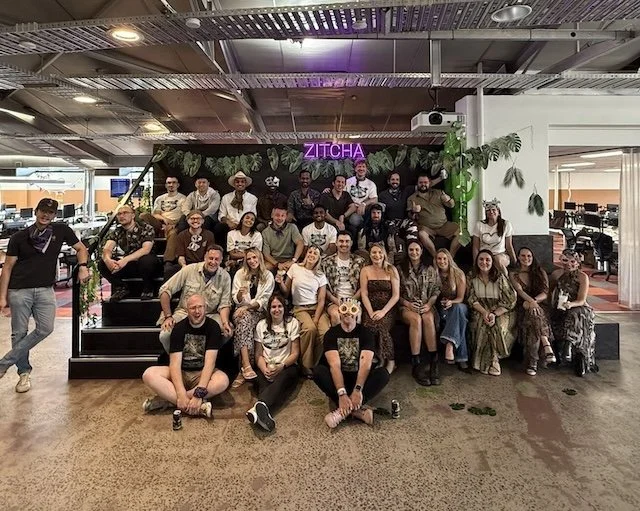

Continue reading…